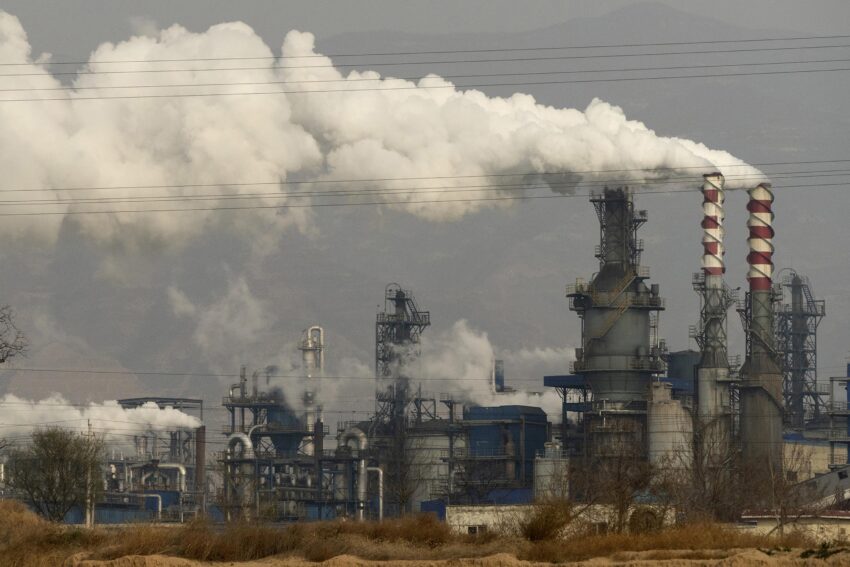If humanity continues to produce and consume food at current levels, food systems alone will drive Earth’s average temperature up by nearly 1 degree Celsius by the end of the century, according to a new study. This research emphasizes the urgent need to reduce methane emissions from agriculture, particularly meat and dairy production, to slow climate change.
Agricultural emissions make up approximately 15% of Earth’s total greenhouse gas production, and tackling them is crucial to avoid catastrophic warming in the coming decades. The study, published in Nature Climate Change, specifically highlights the significant role methane plays among food-related emissions.
Methane is a potent greenhouse gas, capable of warming the planet around 80 times more effectively than carbon dioxide over a 20-year period. It has accounted for nearly 30% of global warming since pre-industrial times and is proliferating faster than at any other time since record-keeping began in the 1980s, according to the United Nations.
Addressing methane emissions is not only vital for global climate efforts but also represents the fastest way to curb rising temperatures in the near term. However, the study warns that if emissions from food systems continue at current levels, they will cause at least 0.7 degrees Celsius of additional warming by 2100. This would push the planet past the 1.5-degree threshold set by the Paris Agreement, even if fossil fuel use is drastically reduced.
Methane emissions will account for a staggering 73% of the projected warming by mid-century, the study says. Meat, dairy, and rice production will be responsible for the vast majority of agricultural emissions, with meat accounting for 42%, rice 23%, and dairy 19%.
The research adds to growing evidence that reducing meat and dairy consumption is a highly effective way to limit rising emissions. If everyone limited red meat to a single serving per week, it would prevent nearly a third of the additional warming projected by the study’s model.
Transitioning agricultural operations to clean energy sources would also reduce projected warming by almost a fourth. However, projections show meat and dairy consumption increasing in the coming years due to the rising global population.
Climate advocates are pushing for stronger commitments at both national and global levels to reduce food-related emissions, particularly methane gas. Progress could be made at the upcoming COP28 global climate talks in November, where advocates hope more nations will sign onto the global methane pledge.
In the meantime, efforts to raise awareness about the environmental harms of meat consumption have shown promise, with a recent study finding that students ate 9% less meat on average after listening to a single 50-minute talk about the negative environmental impacts of livestock.
